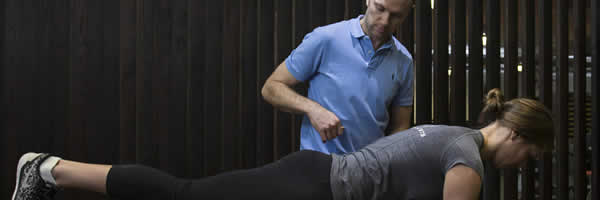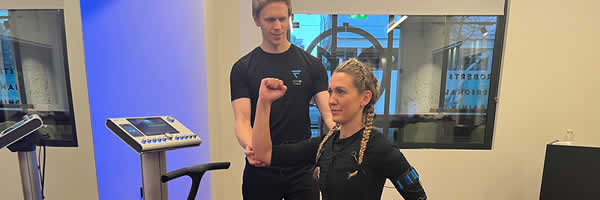Personal Training
The Matt Roberts Personal Training team have long been recognised as industry leaders. With more than a million hours delivered across the UK. Now, our expert training team can coach you wherever you are in the world!
The open age groups taking place on the 14th September are open to everyone and with this in mind it seems like a good time to give some helpful tips should anyone be contemplating taking up this multidiscipline challenge.
Outsourcing you training program from an expert can really help save time and improve confidence and motivation. At the same time a coach can be another set of eyes watching technique and monitoring your progress.
Joining a club will also give you the opportunity to train with others and keep a competitive but enjoyable edge to your training. Being part of team can really help with motivation and keep you on track when times get tough.
The time to get stronger in your triathlon training is usually during the off season when overall training volume is low. However it is well recognised that during preseason preparation and even in season there should be time allocated for strength work. Not only will this make you a more efficient and more powerful athlete but it will also go some distance in protecting you against overuse injuries common to endurance events.
During periods of high training volume where you may be doing back to back sessions and training different disciplines in one day it is probably worth considering the use of a recovery drink. This will allow you to get the required nutrients in quickly after training to speed up recovery ready in time for your next session.
The Matt Roberts protein release supplement is designed with this type of training in mind, giving your muscles the protein and carbohydrate they require in the right ratio to expedite your recovery.
This may be something you have heard before but when it comes to sprint and Olympic distance races being quick in transition can make a huge difference. If you’re a competitor just looking to get to the finish line and speed isn’t your main objective this is still worth doing as getting a wetsuit off can often prove difficult without practice.
For people who have a life outside of triathlon this is more important than you may think. Although swimming, biking and running are all good for you, exercise is still a stress to the body and it is how your body adapts and recovers to this stress that determines your performance. You have to consider the other stresses, mental and physical, that your body is under on top of your training. With this in mind it’s important to get quality rest days in. Things like massage, foam rolling and easy mobility exercises will help on rest days.
Taking a ‘minimal effective dose’ approach can be a wise move if you already have a busy life outside of triathlon i.e. what the least amount of training I need to do to be at my best.

The Matt Roberts Personal Training team have long been recognised as industry leaders. With more than a million hours delivered across the UK. Now, our expert training team can coach you wherever you are in the world!

Mayfair Physiotherapy offers unrivalled expertise and high quality care. We have an expert team of Specialist Physiotherapists with years of experience led by Simon Gilchrist.

Located in the heart of Knightsbridge, the Bone Health Clinic at Evolution offers a cutting-edge service designed to combat osteoporosis and osteopenia.

Vive Fitness combines EMS (electro-muscle-stimulation) technology with tailored training programmes to transform your health and fitness experience.

Every gut is unique and as such it is essential you have the deepest possible understanding of your own in order to optimise your diet and lifestyle.

Your hormones are at the heart of your health and performance, ultimately determining how well you feel and function throughout your life.

While striving for physical health and longevity is essential to live your best life, it is vital that we learn how to better care for and tend to our mental and emotional wellbeing.